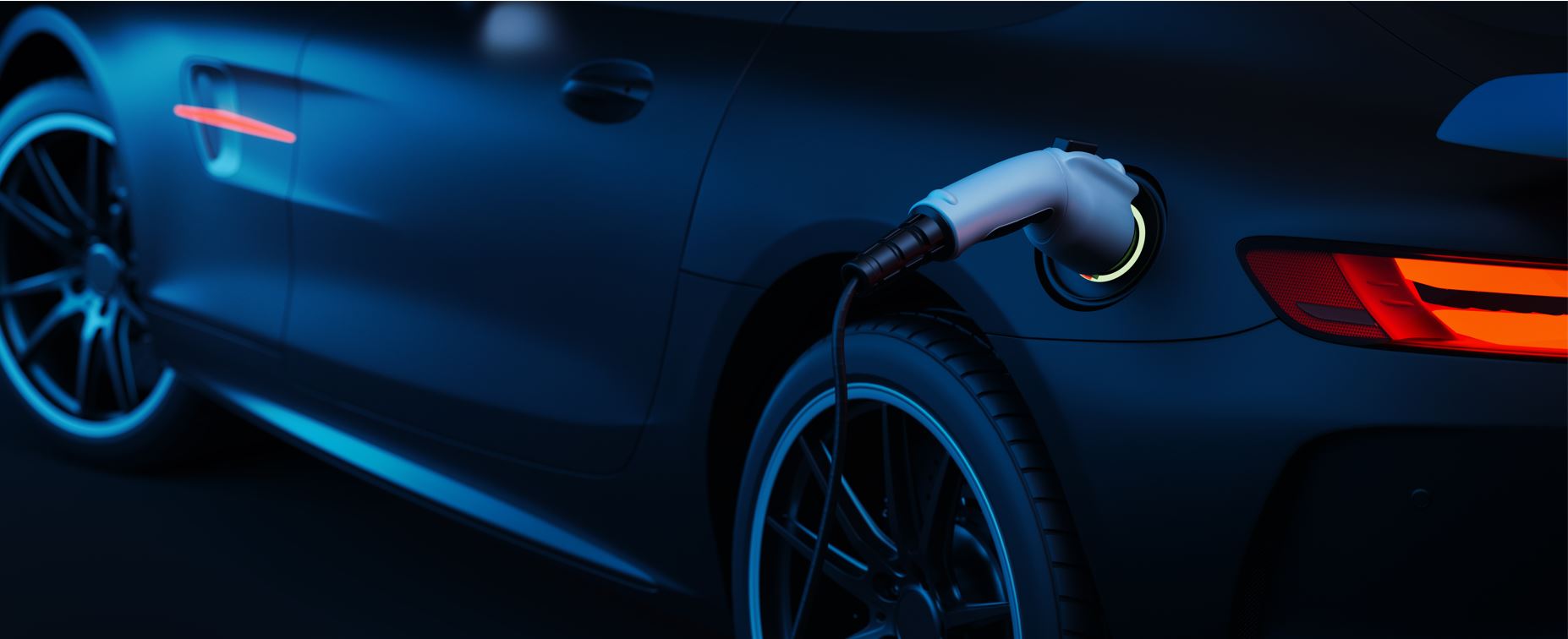UK government grant launched to drive EV adoption risks stalling market competition
Published on 21st August 2025
A new subsidy scheme that aims to boost the UK automotive market is raising potential anti-competitive concerns

The UK government has launched the Electric Car Grant Scheme, a new subsidy initiative designed to boost electric vehicle (EV) uptake and reinvigorate the UK automotive market. The government announced earlier this month that 17 EV models are now eligible under the grant scheme for the "Band 2" discount.
The launch of the grant scheme follows repeated calls from the industry for the government to encourage the uptake of EV purchases; particularly in light of the government's "zero-emission vehicle mandate" that requires a percentage of each car manufacturers annual sales to be from zero-emission vehicles. However, while the financial assistance offered by the grant has been welcomed by some manufacturers, concerns have also been raised over the uncertainty around which vehicles qualify for the discount and whether the exclusion of certain models could have anti-competitive market effects.
What is the Electric Car Grant Scheme?
The grant scheme offers banded discount levels for vehicles priced at £37,000 or below, with the eligibility criteria based on the sustainability of vehicle manufacturing. The highest grant available is £3,750 for "Band 1" cars with the lowest emission scores. However, there are still no EVs available for purchase that qualify into the Band 1 category over a month after the grant's launch on 16 July. The criteria are intended to support the transition to zero emission vehicles and incentivise sustainable manufacturing practices. Manufacturers have emphasised the need for this support to encourage EV uptake among consumers, particularly as recent projections suggest that only 45% of new car sales in the UK will be EVs by 2030, which is well below the 80% target.
The government has recognised the urgent need to support the automotive industry due to current "unprecedented uncertainty." Consequently, the Department for Business and Trade issued a direction in July that exempts the grant from sections 52–55 of the Subsidy Control Act 2022, which meant the Competition and Markets Authority (CMA) was not required to report on whether the grant would negatively affect competition in the UK prior to its release.
The exemption has been justified by the secretary of state on the basis that "urgent and exceptional circumstances" apply in the public interest. While these circumstances were not specified in the direction, they would likely have included factors such as the government's push towards achieving net zero by 2050 and the recent decline in UK vehicle manufacturing following the imposition of tariffs in the US, its second-largest market. The direction to fast-track the grant may also have been influenced by the wide range of similar subsidies currently available for EV purchases in EU member states and allows for a level playing field with the EU in the push for greater EV adoption.
Driving or stalling competition?
While the grant is exempt from review by the CMA, it has raised concerns over its potential impact on market dynamics. Chinese-made EVs are currently playing a key role in driving competition, with manufacturers expanding rapidly in the UK and European markets. The EU has already imposed tariffs on Chinese-made EVs with the intention of encouraging consumers to buy European alternatives. While the UK has not imposed tariffs on Chinese-made EVs, the grant only applies to manufacturers that meet “the highest manufacturing sustainability standards”, which is intended to favour British models. Cars made in China are not qualifying because of the emissions produced in their manufacturing process. This exclusion has prompted criticism that the grant is essentially a "backdoor tariff" on Chinese-made vehicles. However, it is not just affordable Chinese-made models that have been excluded by the grant: the price cap of £37,000 also means various luxury car brands are exempt due to their higher EV prices.
Some manufacturers with ineligible vehicles have responded by reducing the prices of their own EVs to match competitors that will benefit from the grant. However, while a "price war" may benefit consumers, concerns have been raised that this could further harm the UK EV industry, which is struggling to make comparable profits against petrol and diesel alternatives - particularly as Chinese manufacturers, with vehicles produced at a lower cost in their domestic factories, are more equipped to absorb price reductions. The balance between fostering competition and protecting domestic industries remains a delicate one, with the long-term impact of the grant on the UK EV market yet to be fully realised.
Osborne Clarke comment
The UK's Electric Car Grant Scheme represents a significant step by the government to bolster the adoption of EVs and support the automotive sector amidst ongoing challenges. By offering financial incentives for more sustainable and affordable EVs, the grant aims to accelerate the transition to zero-emission vehicles in line with the government's environmental mandates.
However, the grant's criteria have also sparked concerns about potential anti-competitive effects and the exclusion of certain models, including affordable Chinese-made EVs and high-end brands. As the industry navigates these complexities, the true impact of the grant on market dynamics and consumer choices will become clearer, highlighting the balance between promoting sustainability and ensuring fair competition.
Osborne Clarke has strong expertise in the EV market, providing comprehensive legal and strategic advice to clients in this sector. Our team of specialists understands the intricacies of government incentives, regulatory frameworks, and market dynamics, and is keen to help clients capitalise on opportunities and address challenges within the changing EV landscape.
For further information on EV developments and legislative updates, please visit out adapting to e-mobility regulation webpage.
Te'aira Pierre and Amy Jakeman, Solicitor Apprentices at Osborne Clarke, assisted in writing this Insight.






